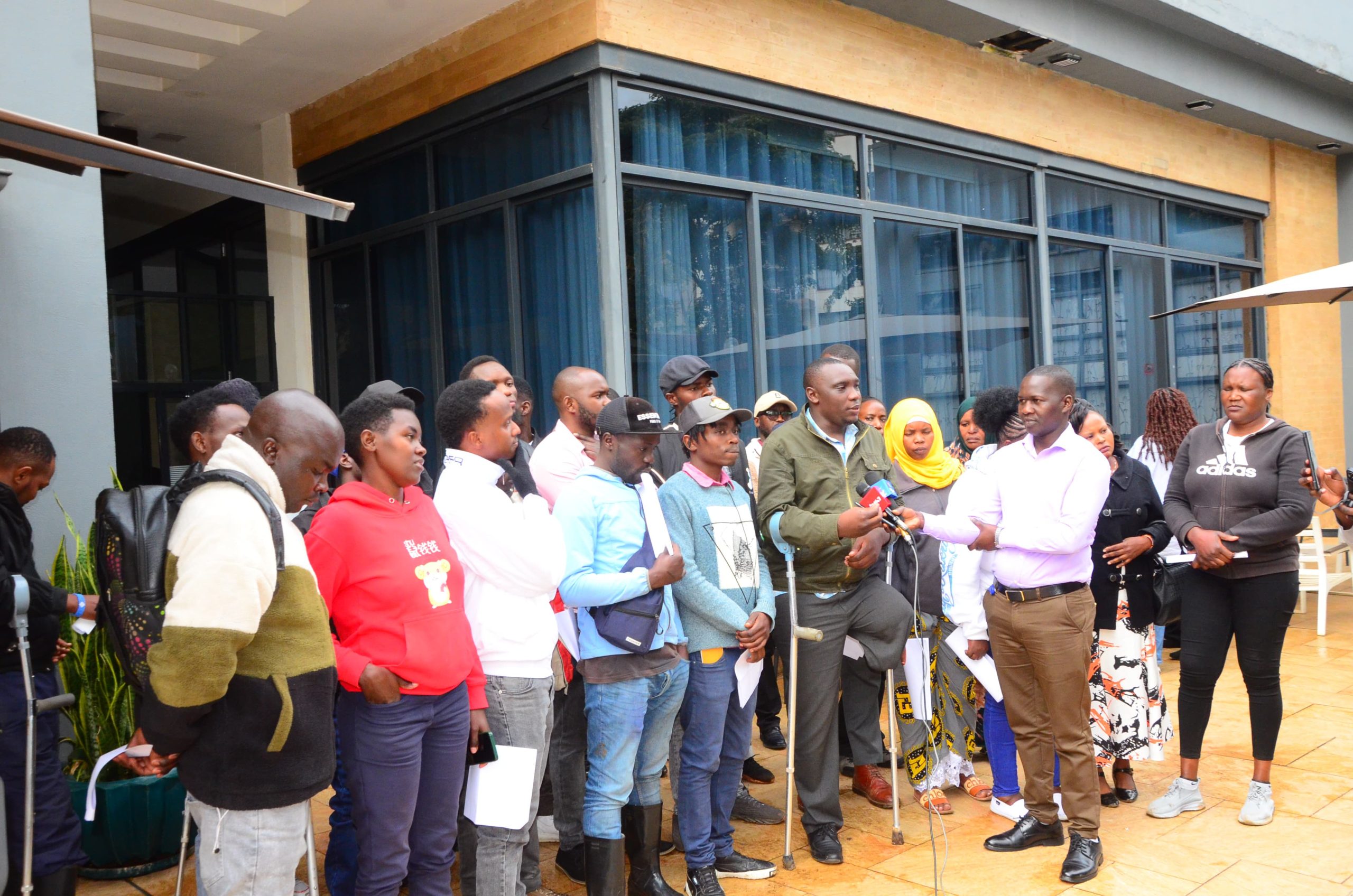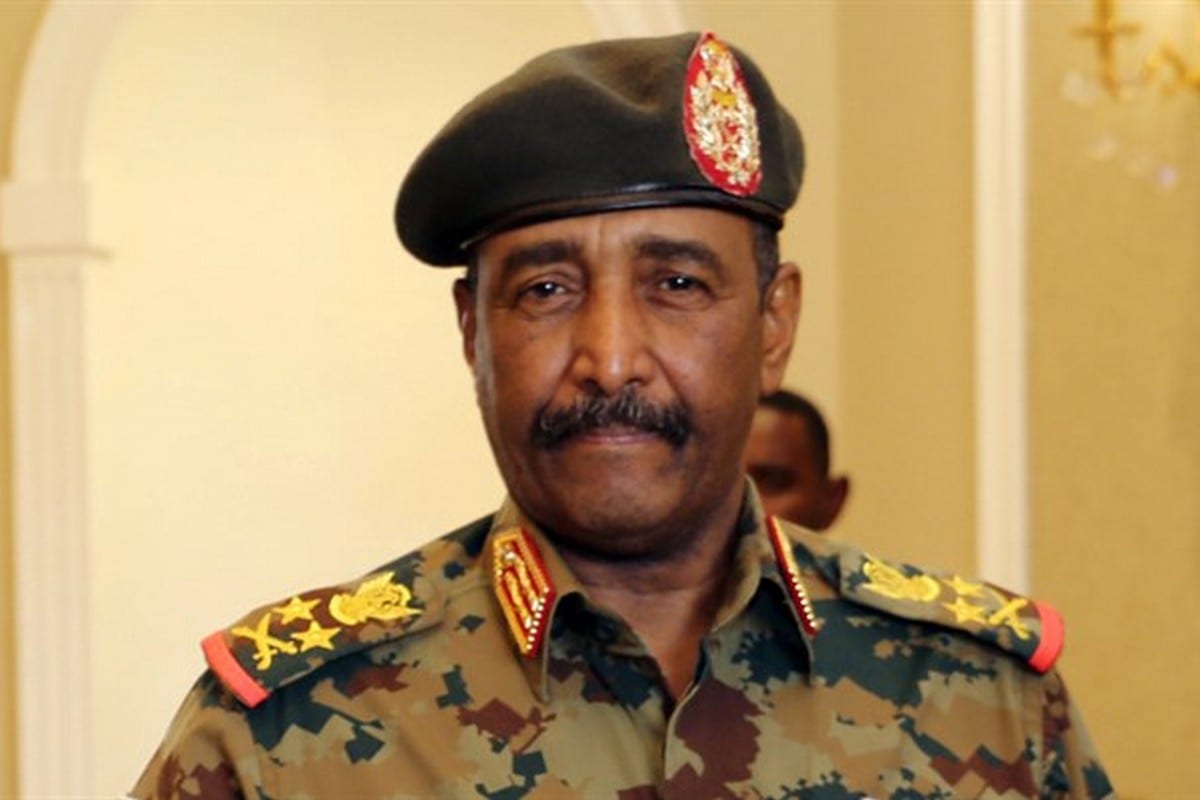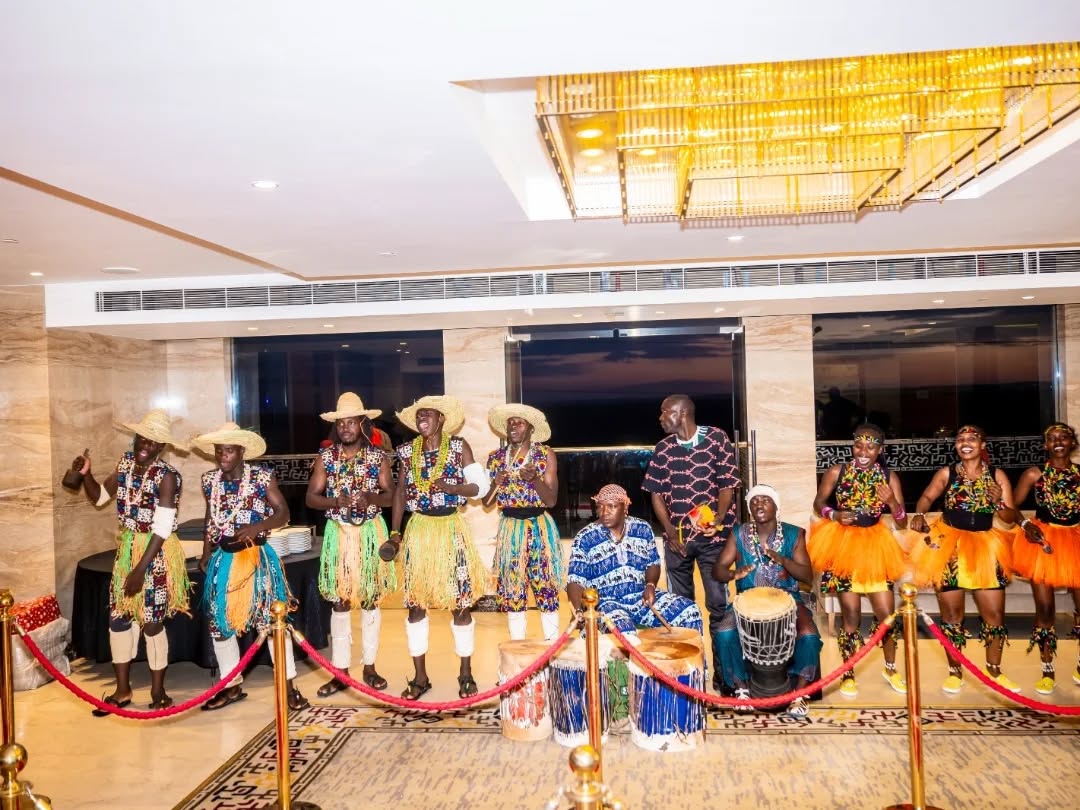
By Njeri Irungu,
Nairobi, Kenya.
Families of young Kenyans killed during the Gen Z protests of 2024 have spoken with one voice, rejecting the government’s offer of compensation in place of justice. To them, no cheque, however large, can wash away the blood spilled in the streets, the grief of parents, or the lives cut short by state violence.
The announcement of a compensation plan by a taskforce led by Prof. Makau Mutua had been seen as a gesture of recognition. Yet for the families, it fell painfully short. In their eyes, money without accountability risks becoming what they called “blood money”—a transactional attempt to close a wound that remains raw and unhealed.
“Compensation alone, without truth, acknowledgment, accountability, and reform, is nothing more than blood money,” their statement declared. “No family will accept their loved one’s life being reduced to a cheque.”
At the heart of their rejection is a broader demand: justice in its fullest, most uncompromising form. The families laid out five pillars on which they believe true justice must stand. First is the acknowledgment of truth—that the young lives lost were not those of criminals or terrorists but of patriotic Kenyans who dared to imagine a better nation. Second is a sincere apology, an unequivocal recognition by the state of the pain inflicted and the blood spilled. Third is accountability: thorough investigations, arrests, and prosecutions of the police officers and commanders who authorized or executed the killings. Fourth is compensation, but only as an act of solidarity with grieving households, never as a tool to silence their demands. And fifth, perhaps most crucially, are reforms—deep, irreversible changes in policing to ensure that such tragedies never happen again.
Their words painted the protesters not as agitators but as the soul of the nation. “They were our children, our future. To diminish their sacrifice by reducing it to a financial settlement without justice would betray their memory,” the families said.
The message was clear: Kenya cannot buy its way out of its conscience. Healing, they argued, requires more than money—it demands truth, accountability, and change.
“Money cannot heal a mother’s broken heart, cannot bring back a father’s son, cannot silence a child’s cry for their parent. Only justice can bring dignity to the dead and peace to the nation,” the statement concluded.







